SUMMARY
This is AI generated summarization, which may have errors. For context, always refer to the full article.
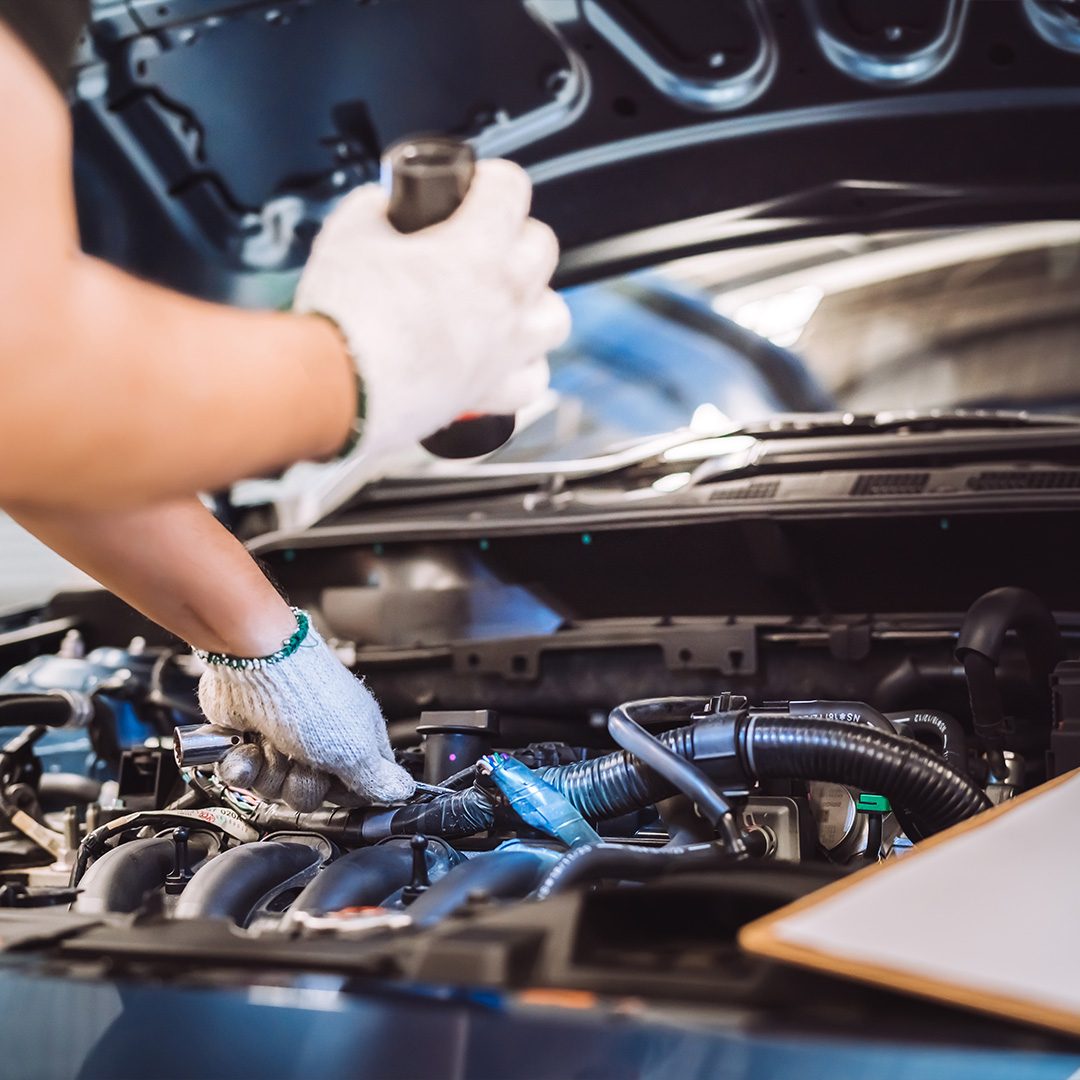
Senators said on Tuesday, February 8, that the Land Transportation Office (LTO) should temporarily suspend motor vehicle inspection done by private centers as it lacks legal basis.
At a Senate hearing on Tuesday, Senate Minority Leader Franklin Drilon asked the Department of Transportation (DOTr) for the basis of allowing the private sector to conduct motor vehicle inspection – which is required when registering vehicles – in lieu of LTO.
Drilon said that the police power of the state has been delegated to regulatory agencies and not the private sector. “Can DOTr and LTO delegate that delegated power to the private testing centers?” he asked.
Transportation Undersecretary Reiner Yebra said that there was no further delegation of police power already delegated to the DOTr and LTO, as the private sector merely “assists” them.
Senators disagreed with Yebra. Drilon said, “But not [make them] in charge. You are trying to stretch the argument, especially that you are delegating a delegated power for a fee.”
“This one is not a service. It is regulation…. Can we delegate the function of the Philippine National Police?” Drilon asked rhetorically.
The DOTr insisted on its position, saying that based on their understanding, the agency is not delegating its regulatory function to the private sector by allowing the latter to conduct motor vehicle inspections.
“What we are delegating, so to speak, is the testing. The regulation stays with the LTO. That’s our understanding,” said Transportation Assistant Secretary Giovanni Lopez.
Drilon responded: “We respectfully disagree with that and at the very least, there is doubt to your ability to do this. To me, this is a regulatory function of the government that you are delegating for a fee.”
Senator Imee Marcos, for her part, argued that what the LTO did was “usurpation of legislative authority.” “What has been delegated canot be re-delegated, certainly not to the private sector,” said Marcos.
Lack of bidding
During the hearing, Lopez explained that prior to its abolition in 2019, the Road Board gave the DOTr and LTO funding for a mobile motor vehicle inspection system (MVIS) for public utility vehicles (PUVs).
“We have asked the Philippine International Trading Corporation to procure the MVIS, but there was a failure in the bidding so the funds reverted to Treasury,” Lopez said.
While senators questioned the entry of the private sector in testing services, Senator Grace Poe pointed out that public-private partnership is “not necessarily bad.”
“The problem here is I don’t think this went through an actual bidding for the private sector to be involved,” said Poe, who chairs the Senate committee on public services.
Under the new rule, interested parties would only have to get LTO accreditation to be a motor vehicle inspection center (MVIC). The parties pay the LTO an annual fee of P100,000.
Accredited MVICs were assigned areas to cover. Senate President Pro-Tempore Ralph Recto argued that this creates a “monopoly.”
According to the DOTr, the LTO has so far accredited 138 MVICs, with 209 more centers on the way. The shortage in testing centers is also the reason why private vehicles are being prioritized, instead of PUVs.
PUVs, so far, only need to undergo emission tests.
For areas where there are no MVICs, private vehicles can use the “old program” where they only need to get an emission test.
Senator Koko Pimentel also raised a constitutional point on equal protection of the law: “Let’s say there’s legal basis. However, when you implement a program, it should be equal. It should be ready nationwide and not differing implementation in various areas.”
Issue on the fees
During the hearing, Recto asked why testing centers are charging P1,800 for 4-wheel vehicles and P600 for motorcycles, and whether the DOTr and LTO asked for National Economic and Development Authority (NEDA) approved on these fees.
Lopez said that the department did not go through NEDA.
“I think this is overreach,” said Recto. “You’re the only ones who thought and created this. Why not as many centers as possible so there’s competition? You said, 138 centers. You said, P1,800. What about the vehicle owner who needs to pay a lot?”
Recto said that since that the inspection is required for vehicle registration, the fees charged are tantamount to taxation.
During the hearing, the DOTr argued that Asian countries such as China, South Korea, Japan, and Singapore have higher inspection fees than the Philippines.
“We are a poorer country. If you use purchasing power parity, these numbers would change dramatically,” Recto said in response.
“I think it is clear that I think we should suspend the implementation of this program until we find a better way forward.…Here we are, imposing additional burden to our motoring public – particularly to our middle class who are overburdened already,” the senator added. – Rappler.com
Add a comment
How does this make you feel?
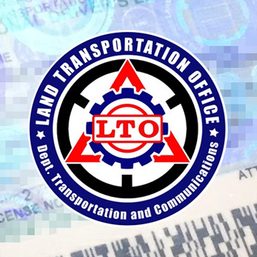
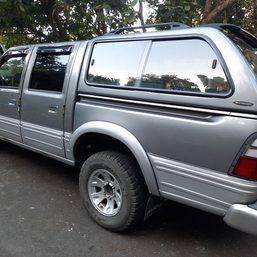
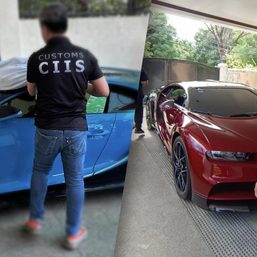
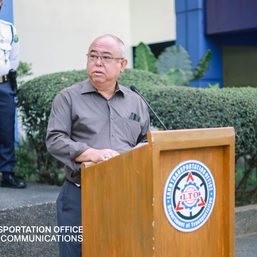
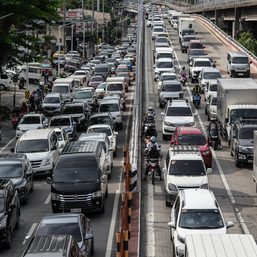

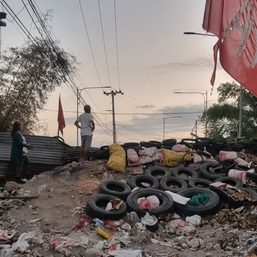
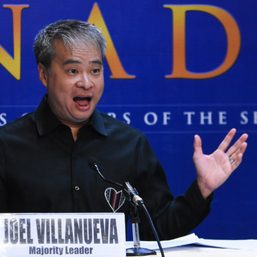
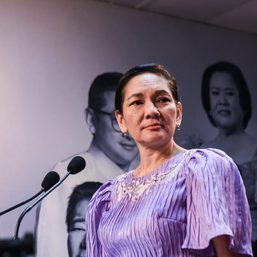
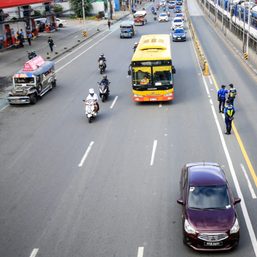
There are no comments yet. Add your comment to start the conversation.